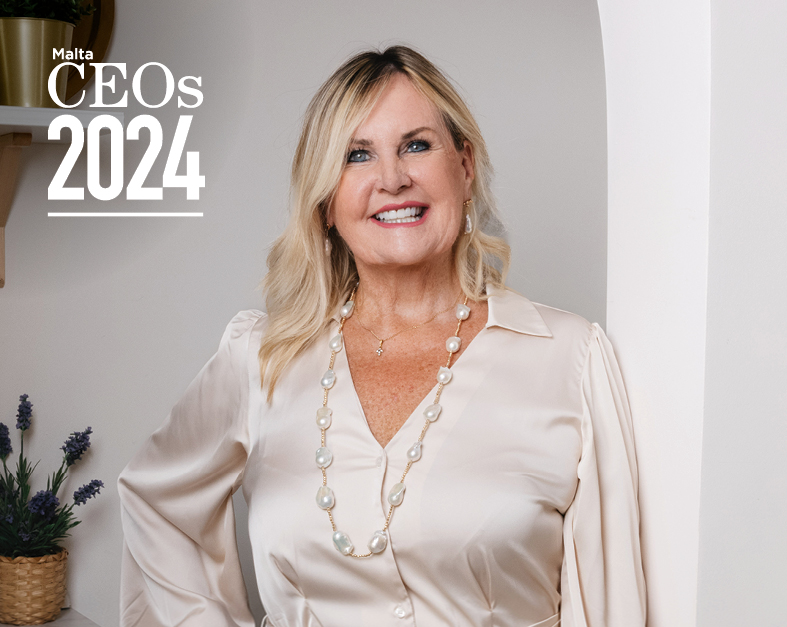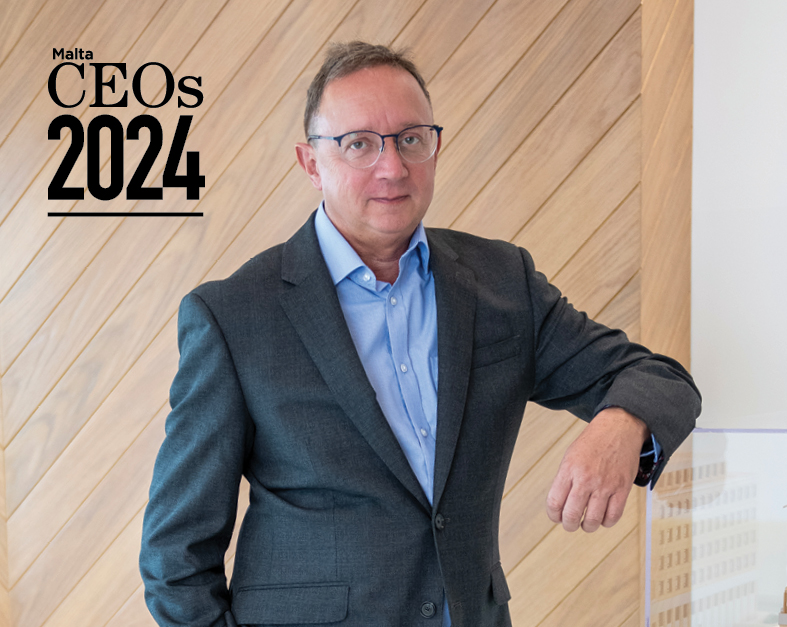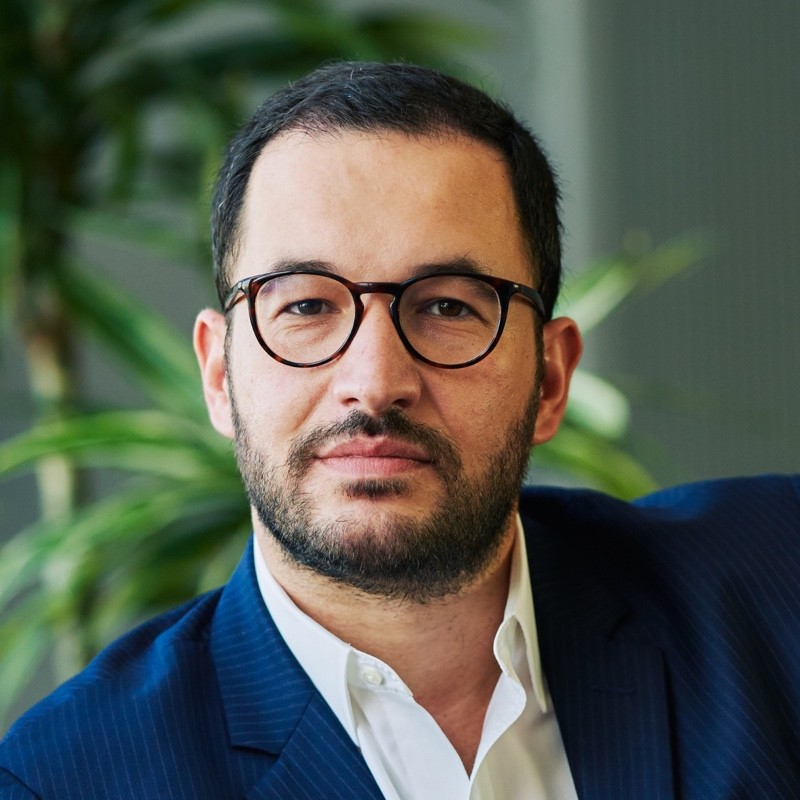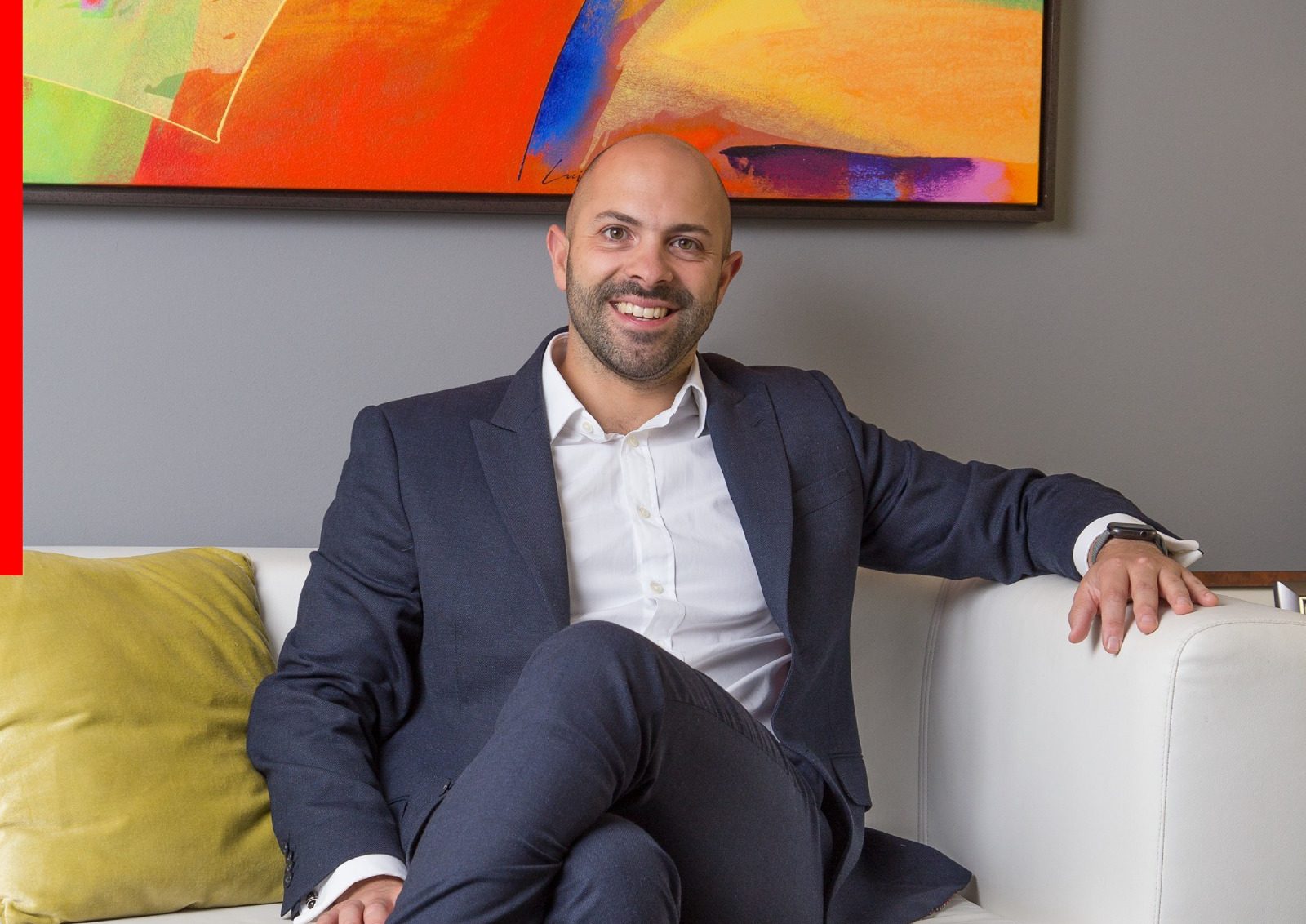Recruiters and human resources (HR) professionals have called for greater investment in HR departments from local businesses, as well as a reinvention of their recruitment practices, if they truly want to address challenges posed by talent shortages.
This came after a US-based survey conducted by Vistage Worldwide found that 56 per cent of SMEs CEOs plan to expand their workforce in 2024, yet they still anticipate hiring and retaining talent to be the top challenges in 2024. Interestingly, 35 per cent of CEOs reported that it is easier to hire than it was at the start of 2023, with just 11 per cent claiming that it was more difficult.
Business leaders from across the world, including in Malta, have struggled with finding the right talent for their business in recent years, with tight labour market conditions being fuelled by skills shortages and rising wage demands.
In order to get a deeper understanding of the local perspective, MaltaCEOs.mt reached out to Recruitment Consultant Jessica Schembri and Consultant and Talent Acquisition Manager Vincienne Sammut, who both stated that local job market dynamics are constantly changing.
Ms Schembri has worked in the recruitment space for more than two years, specifically working within recruitment agency Konnekt’s generalist team.
Ms Sammut is a seasoned HR professional with over nine years of experience in the sector, and has strived to become well-versed in talent acquisition, coaching, and setting up HR functions.
“Around a year ago, the job market was still impacted by the COVID-19 pandemic. However, as economies gradually reopened and adapted to new circumstances, some sectors rebounded while others continued to face challenges,” Ms Schembri stated. She added that certain job sectors could still be recovering or facing ongoing constraints due to the pandemic’s lingering effects, as well as shifts in consumer behaviour, technological developments, and other macroeconomic factors.
“Overall, while the job market can vary widely depending on the specific industry, location, and individual circumstances, it’s essential for jobseekers to stay informed about current trends, develop relevant skills, and adapt their strategies accordingly to maximise their options and opportunities,” she continued.

Ms Sammut affirmed that hiring and retaining talent will continue to be a challenge for companies unless they start to “take the people department more seriously.”
She said that aside from the necessary investment, they also need to compile a clear and defined strategy for its people department which is “in line with the overall company goals and objectives.”
“What many fail to see is that HR needs to be a partner in the business and therefore have a seat at the table when it comes to certain decision making. Reason being is that job candidates have plenty of options, and companies should be focusing on being an employer of choice above all else,” Ms Sammut continued.
She pointed out that businesses need to be “intentional” with their recruitment strategies, making sure to choose “the right role with the closest match of a candidate,” especially since at the end of the day, “there is never the perfect candidate,” and so a business needs to keep an open mind to train.
Both Ms Schembri and Ms Sammut said that the struggles to find talent are being felt across different industries for a wide range of reasons, including demographic trends such as an ageing workforce, mismatches between the skills needed and those possessed by jobseekers, changes in industry dynamics due to technological advancements, as well as the attractiveness of certain professions.
Ms Sammut noted that she is finding it especially difficult to find candidates for roles related to legal professions such as lawyers, as well as in areas like food and beverage (F&B) operatives and accountants.

Taking a wider approach, Ms Schembri acknowledged that the healthcare sector is facing challenges when it comes to finding nurses, physician assistants, and also certain medical specialities. “Factors contributing to this shortage include an ageing population increasing the demand for healthcare services, high levels of burnout among existing healthcare workers, as well as long training periods required for certain professions,” she said.
Similarly, she also pointed towards construction and skilled trades, along with the manufacturing sector, as areas that are finding it challenging to recruit talent. This may be due to a lack of interest from younger generations in pursuing careers in skilled trades, as well as “the wrong perception that these jobs are less prestigious.” Additionally, given the development in technology, skilled workers are needed in manufacturing roles such as machinists, technicians, and engineers, and therefore a decline in vocational training programmes in schools and the outsourcing of manufacturing jobs have contributed to a shortage in this area.
In addition to this, the hospitality and tourism industries have continued to face the challenges presented by the pandemic, almost four years after it first hit Malta. Temporary closing and cancelled flights left these vital sections of Malta’s economy facing layoffs and reduced hiring. Ms Schembri said that while this area may rebound, it will take time to do so, and factors such as low wages and irregular schedules do not help in attracting talent.
To continue adding to companies’ struggles, they also need to be ready to usher in the ongoing digital revolution, with artificial intelligence (AI) and other emerging technologies becoming more prominent at workplaces. This is vital for recruitment, as business leaders will need to assess and determine whether a candidate has the necessary capabilities to be able to use these technologies effectively.
From her experience in recruitment, Ms Schembri acknowledged that this is becoming more evident in the hiring process, with these requirements now being more common in job descriptions. “As organisations across various industries continue to integrate AI and other advanced technologies into their operations to improve efficiency, productivity, and competitiveness, they are seeking candidates with the skills and expertise to leverage these tools effectively,” she explained.
The increasing prominence of these technologies in job descriptions reflects the “growing recognition” among employers of the importance of these skills in driving innovation, efficiency, and competitive advantage in today’s rapidly evolving digital economy, Ms Schembri highlighted.
As a result, upskilling and reskilling workers to have the capabilities to use such technologies, as well as do other tasks, has become a must. This has also encouraged some employers to be relatively more lenient in the hiring process, trusting their training in ensuring the candidate is the right person for the job.
Ms Sammut remarked that businesses have a choice. Should they be more lenient, they will find people for the role quicker, yet the opportunity cost of not filling the role in the long term because the employee ends up not being fit for the position, has a “more damaging consequence on one’s current team and the operation itself.”
“I see companies which have become somewhat lenient, but there are also others which are still holding to their guns, and this can be seen in their hiring time, as it takes them much longer to actually place someone in the role, she explained.
“I believe it is a matter of picking your poison. In my personal opinion, I would much rather hire, train, and retain,” Ms Sammut added.
Ms Schembri clarified that the leniency tied to hiring may be dependent on the industry, the level of demand for certain skills, and individual employer preferences.
Certain businesses may incorporate different factors such as skill-based hiring, training and development programmes, alternative credentials such as online courses or other certifications, as well as soft skills and a cultural fit, when making a decision about which candidate to go for.
Some industries or roles may still possess relatively strict requirements or criteria for hiring due to their highly specialised fields or positions, where specific certifications are necessary.
“Overall, while there may be instances of increased leniency in hiring processes, it’s essential for jobseekers to continue developing their skills, staying informed about industry trends, and effectively showcasing their qualifications and abilities to potential employers,” Ms Schembri said, wrapping up.
‘We will continue to navigate the challenges that commercial real estate currently faces’ – Hili Properties MD
The company registered a 23% year-on-year increase in revenue for the year ending December 2023.
’20 years of very hard work’: MD Patrick Fenech reflects on Malta School of Flying’s 20th anniversary
One of Patrick Fenech’s great satisfactions over the years is boarding flights piloted by former students.
The Point Urban Oasis: A community green space in Tigne Point
Featuring approximately 1,500 carefully selected plants, in an area spanning about 200 square metres, the Urban Oasis offers a rich ...
Debono Group CEO pays tribute to family as company celebrates six decades of partnership with Toyota
Debono Group’s collaboration with Toyota started in 1960, when the late Michael Debono imported and sold a Toyota Crown.











